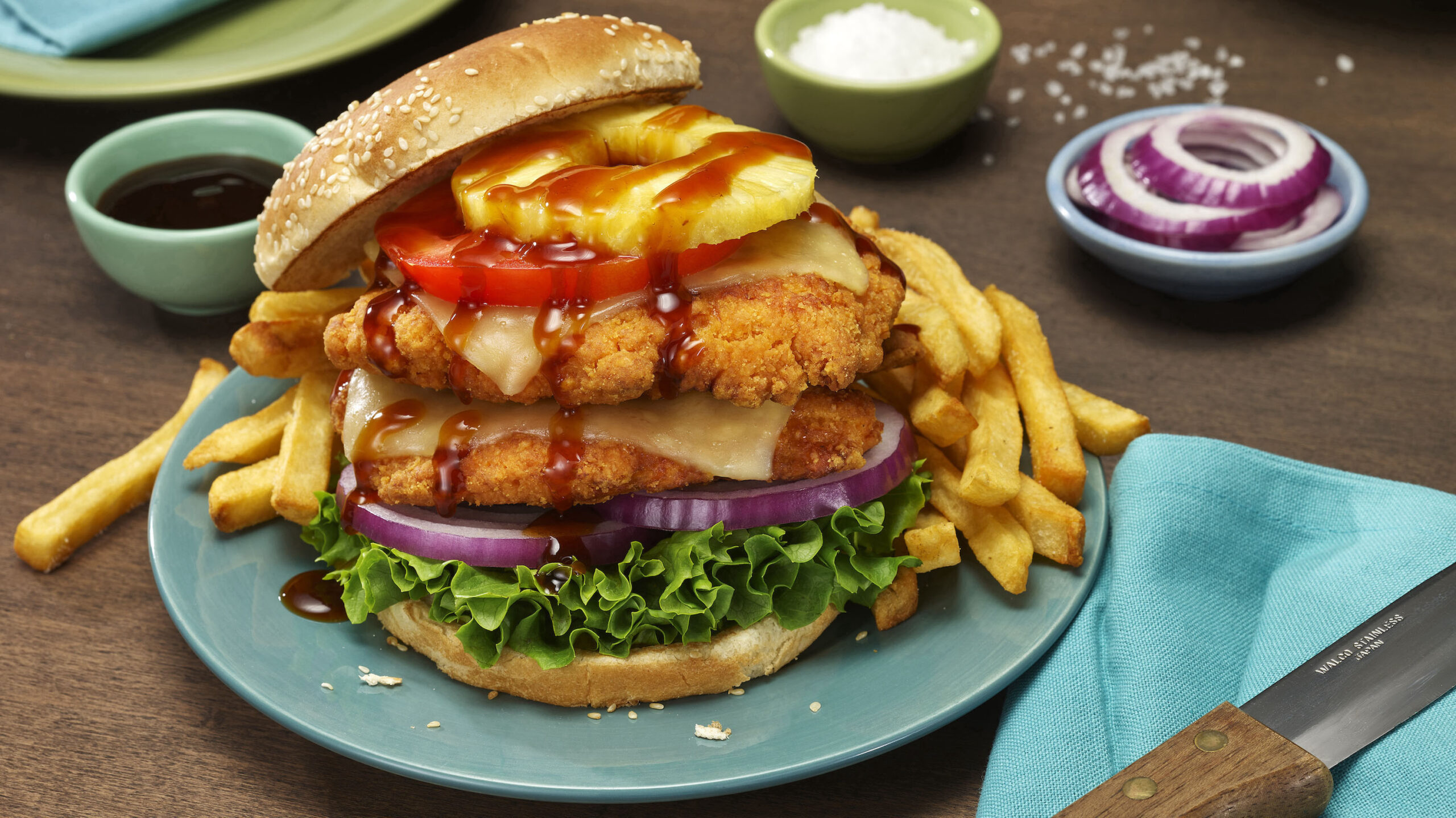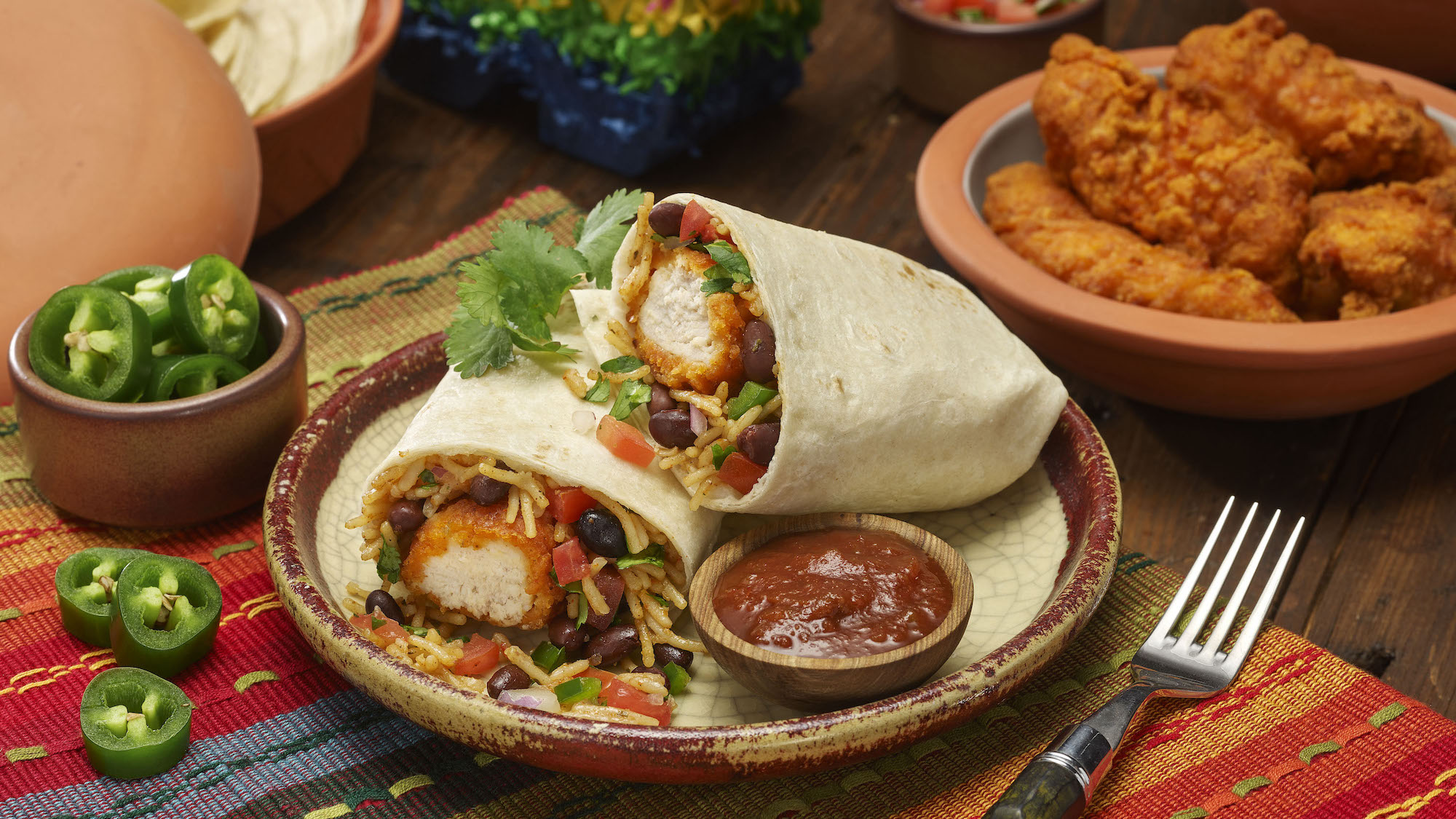
Our Story
Pilgrim’s delivers flavor experiences beyond routine frozen chicken. Whether it’s a go-to favorite or something brand new for you, every delicious bite transcends the typical and engages the senses. It’s mindful eating … not in a fussy, restrained way, but in a full-throttle, go-for-the-high-score, I wanna taste it way.
If you’re here for flavor, we’re here for you.

ADVENTURE
Say goodbye to boring chicken because Pilgrim’s delivers Adventure In Every Bite!
Want a flavor experience that will tantalize your taste buds as well as your hunger for excitement? Pilgrim’s is perfect for thrill-seekers and adventurous eaters looking to kick the ho-hum outta the kitchen. Come with us and explore bold new flavors and taste combinations that are as daring as you are.
Do you have what it takes to embark on this flavor journey?

FLAVOR
We’re here to get the Flavor Party started! Pilgrim’s is setting a new standard for bold, delicious flavor in the freezer aisle. Our Hot & Spicy varieties pack a punch of cayenne heat, while Buttery Popcorn Chicken is a savory, succulent, shareable treat that reminds you of your favorite theater experience.
And of course, our original varieties are so crispy on the outside while juicy and tender on the inside that you won’t want to put them down. What are you waiting for? Hop on the Flavor Train and take a ride!

INNOVATION
Tired of the same old same old? The Pilgrim’s team of mealtime mad scientists are on a mission to bust through the flavor barrier! That means they’re always experimenting with new and unique ideas to create chicken products unlike anything else on the market.
We’re changing the game and elevating flavor experiences for you and your fellow food adventurers. Our unique, one-of-a-kind flavor varieties are sensory experiences to engage all of your senses. That’s why our focus is not just on creating delicious new flavors, but on creating experiences that take you on a journey of taste and adventure. We dare you to explore new flavors and enjoy the delicious taste of Adventure In Every Bite!

Sustainability
Feeding our future. As proud as we are to make high-quality food that millions of people put on their plates every day, it’s just as important that we do so in ways that meet the expectations of our stakeholders, customers, consumers and the communities we call home.
See Our Approach